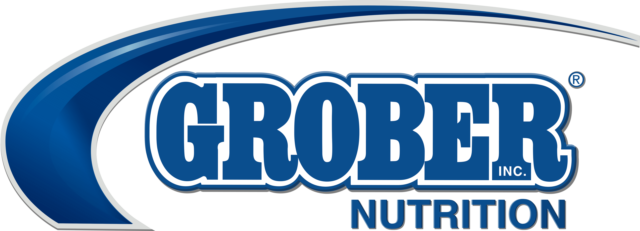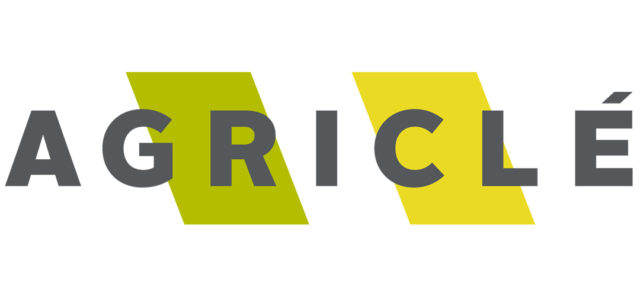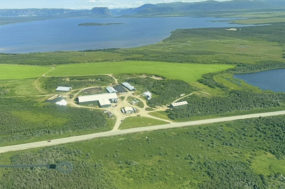I remember when we bought groceries and they all went into paper bags. We used those bags to cover our books for school. We used those bags for garbage. We used them to make Halloween masks and Christmas decorations.
Then one day, there were no more paper bags, only plastic grocery bags. And while there are handy uses for these, they don’t degrade quite as well as the paper bags which would disintegrate in a wet manure pile in no time. Those plastic bags were everywhere, and they weren’t going away anytime soon.
Now, of course, there are no more plastic bags offered at the grocery store. We carry our own reusable bags to the store with us – good thinking. Wouldn’t it have been good if we had both types of bags readily available so that it wasn’t all in on the plastic?
I remember when we bred cows based on what traits we needed to improve on. No computer programs or apps on our phone, just a bull book with proven bulls in it and a cow standing in front of us that needed help improving her udder and milk production. We’ve all bred some great ones that way!
An app or a computer program are great tools, most of the time. But do you ever look at a cow and make a mating based on her actual appearance? Wouldn’t it be great if we used both methods for breeding a great one?
I remember when the index system came along, and we bred by numbers. That worked really well for some and not so well for others.
More recently, genomics has developed, and new genomic traits are emerging all the time. It seems that this breeding program is here to stay, although I still like to look at my cow and decide what needs improving and find bulls with daughters that I think may make those improvements while using genomic information as well.
Remember when sexed semen came along and we used it on every female so that we didn’t have to deal with bull calves? But then we had too many heifers that we were trying to feed and bring along as herd replacements. It’s always a balancing act, that is for sure.
My mom possessed more common sense than anyone I’ve ever known. When the plastic bags came out, she thought that might not work out so well – maybe we should use some paper, some plastic. She never learned to use an app or a computer to breed cows, but she made some great mating choices. A line that she often said was, “Everything in moderation.”
I certainly appreciate the beef-on-dairy management practice. My family enjoys the paycheques from little black calves more than the paycheques of black-and-white calves, and certainly little Jersey bulls. These beef-on-dairy calves are entering the beef market at a time when beef numbers may be a little lower in your area, providing a steady supply of locally raised meat, which is always a good thing. Added income from beef-on-dairy calves is a welcomed addition to the dairy farm's bottom line.
I recently had a talk with a neighbour who said he was breeding all of his second-lactation cows and older to beef bulls and his first-calf heifers to sexed semen. I asked if he had an abundance of heifers and he said no, they were just enjoying that added income from the beef-on-dairy calves. This doesn’t seem like a sustainable plan to me – I thought of my mom saying, “Everything in moderation.”
In keeping up with the latest agriculture news, we hear some foreign countries are desperate for open and short-bred heifers and are willing to pay a premium price. Do we have the heifers to fill those orders? Or are we breeding to beef at a rate that will leave us short in the future, both domestically and abroad?
Don’t get me wrong. I am all for any program that helps keep dairy farmers on the farm through financial gain, and I believe there is a place in the dairy industry for beef-on-dairy calves. I encourage you to carefully plan for the future of your herd, as Murilo Carvalho formally with Holstein Canada talks about on page 23. Don’t be my neighbour who very well could find himself short on replacements in the not-too-distant future.
Remember what my mom always said? Everything in moderation.









